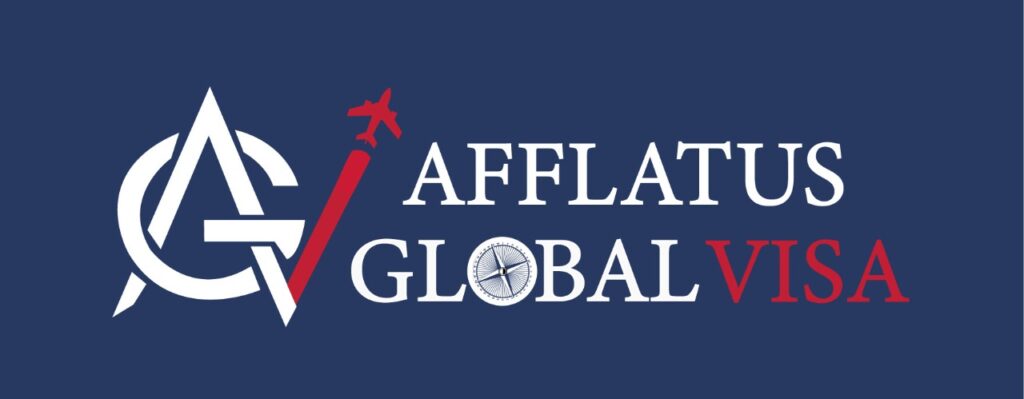Navigating document requirements for any process, whether it’s a visa application, job application, or academic enrollment, can be daunting. Here are some dos and don’ts to help you navigate document requirements effectively:
Dos:
- Read and Understand Requirements Thoroughly: Take the time to carefully read through all document requirements provided by the institution or organization. Understanding what is needed is the first step to ensuring a smooth process.
- Create a Checklist: Make a checklist of all the documents required. This helps you stay organized and ensures you don’t overlook anything important.
- Start Early: Begin gathering your documents well in advance of any deadlines. Some documents, such as transcripts or letters of recommendation, may take time to obtain.
- Double-Check Accuracy: Ensure that all information on your documents is accurate and up-to-date. Any discrepancies or errors could delay or even jeopardize your application.
- Provide Official Documents: Whenever possible, submit official documents rather than copies. Official documents carry more weight and credibility.
- Keep Copies: Make copies of all your documents before submitting them. This serves as a backup in case any originals are lost or misplaced.
- Organize Your Documents: Keep all your documents neatly organized in a folder or binder. This makes it easier for you to access them when needed and also presents a professional image.
- Seek Clarification if Needed: If you’re unsure about any document requirement, don’t hesitate to seek clarification from the relevant authority. It’s better to ask questions than to make assumptions that could lead to mistakes.
Don’ts:
- Don’t Procrastinate: Avoid leaving document preparation until the last minute. Procrastination increases the likelihood of errors and can cause unnecessary stress.
- Don’t Submit Incomplete Documents: Make sure you have all the required documents before submitting your application. Incomplete submissions may be rejected or delayed.
- Don’t Alter Documents: Never alter or falsify any documents. Doing so is unethical and can have serious legal consequences.
- Don’t Rely Solely on Memory: Even if you think you know what documents are required, always refer back to the official requirements to ensure you haven’t missed anything.
- Don’t Ignore Formatting Guidelines: Pay attention to any formatting guidelines provided for your documents. Failure to adhere to these guidelines could result in your application being rejected.
- Don’t Wait for the Last Minute to Obtain Documents: If you need to request documents from third parties, such as transcripts or letters of recommendation, don’t wait until the eleventh hour. Give these parties ample time to fulfill your requests.
- Don’t Assume All Requirements Are Standard: Document requirements can vary from one institution or organization to another. Avoid assuming that the requirements for one application will be the same for another.


